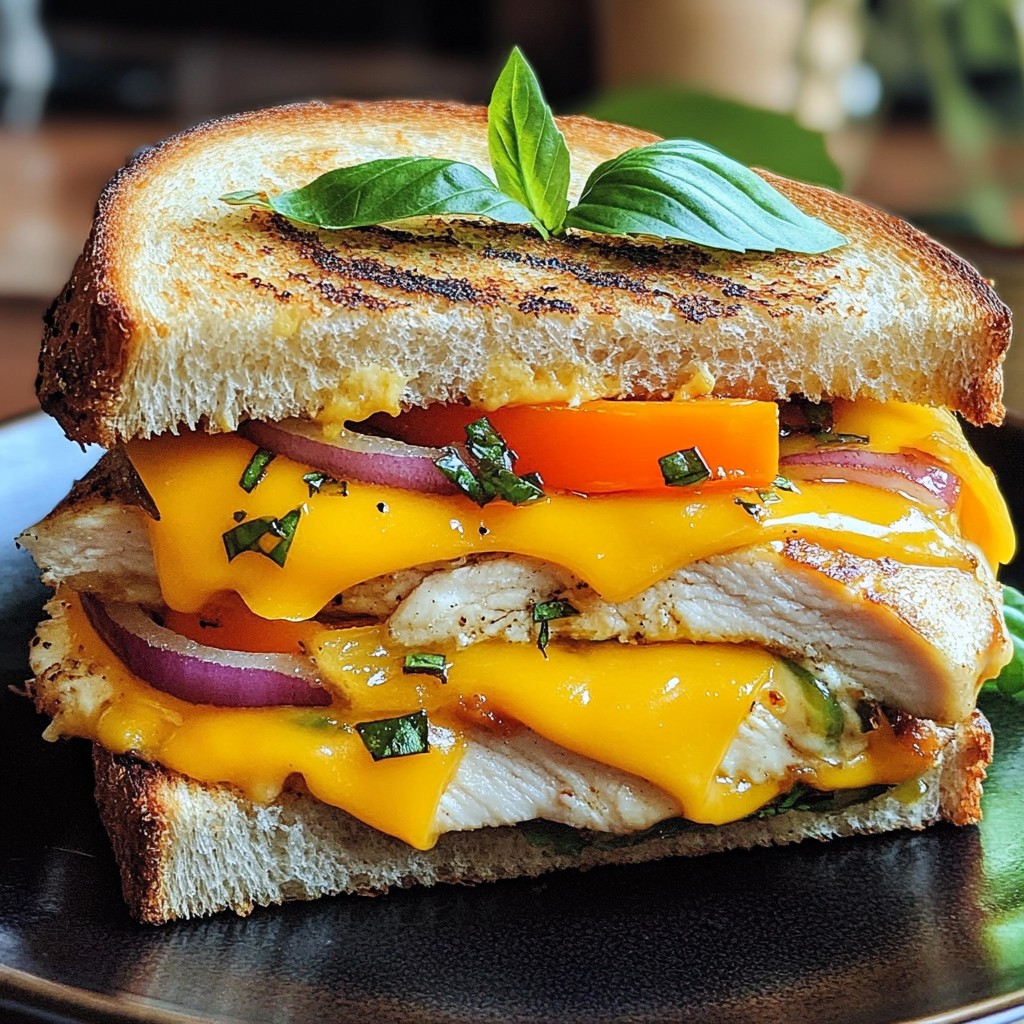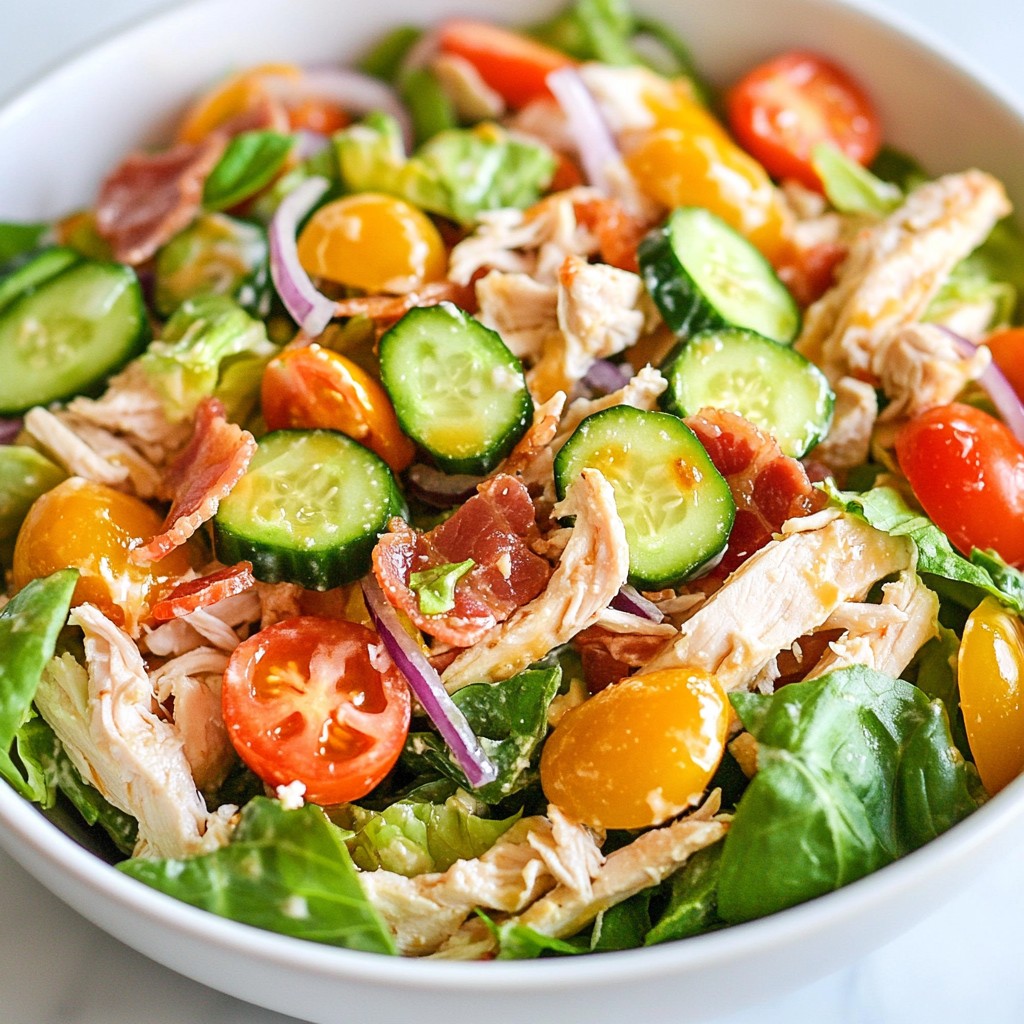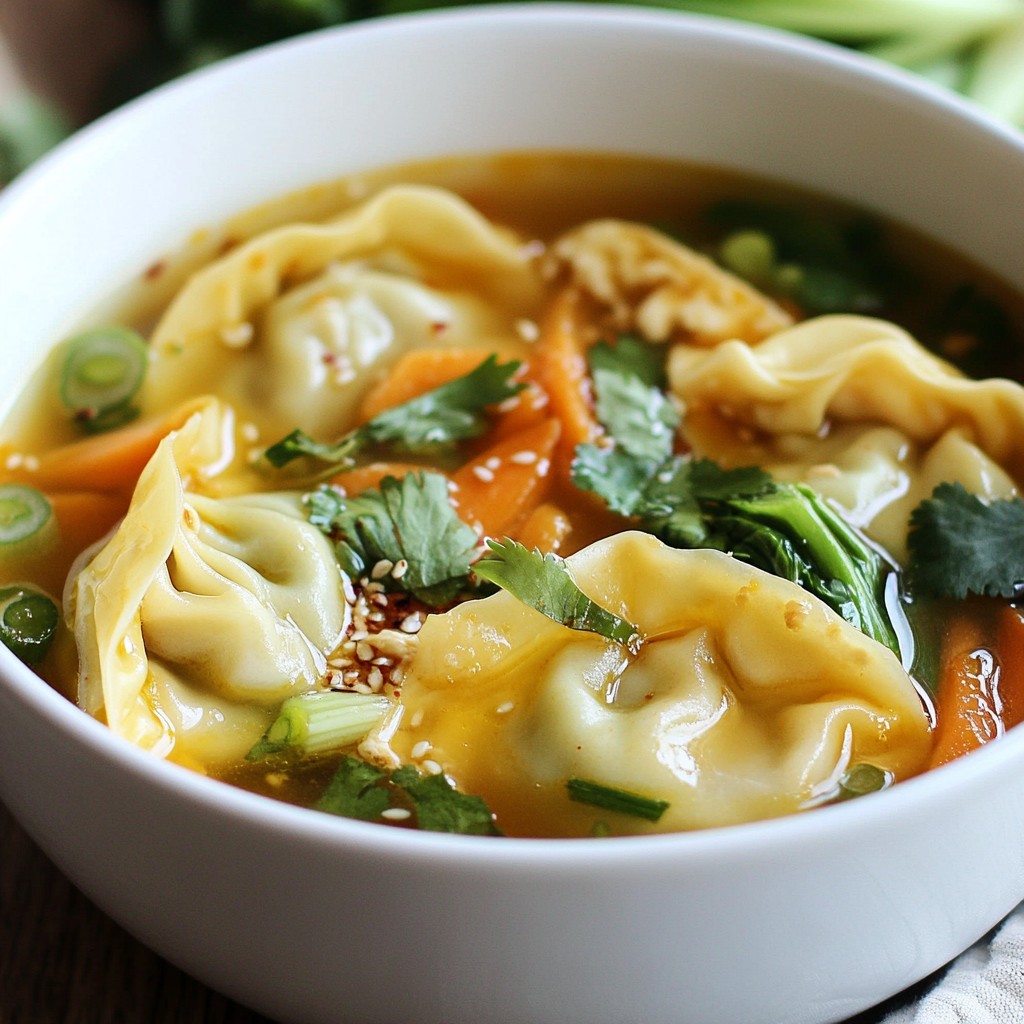Are you ready to dive into a dish that’s bursting with flavor? In this Coconut Curry Shrimp recipe guide, I’ll show you how to create a vibrant meal that’s easy and fun to make. With just a few simple ingredients, you can enjoy a taste of the tropics right in your kitchen. Let’s get cooking and transform your dinner into a delicious adventure!It has a rich flavor and a creamy texture. You can make it in just 25 minutes!
Essential Ingredients for Coconut Curry Shrimp
– 1 lb large shrimp, peeled and deveined
– 1 can (13.5 oz) coconut milk
– 2 tablespoons red curry paste
– 1 tablespoon ginger, grated
– 3 cloves garlic, minced
– 1 tablespoon fish sauce (or soy sauce for a vegetarian option)
– 1 tablespoon brown sugar
– 1 bell pepper (red or yellow), sliced
– 1 cup snap peas
– 2 cups baby spinach
– 2 tablespoons vegetable oil
– Juice of 1 lime
– Fresh cilantro, for garnish
– Cooked jasmine rice, for serving
These ingredients create a wonderful balance of flavors. The shrimp absorbs the delicious coconut milk and curry paste. The ginger and garlic add depth, while the lime juice brightens the dish.
Optional Ingredients for Customization
You can add more vegetables to your curry. Try carrots, broccoli, or mushrooms. If you like heat, add sliced jalapeños or red pepper flakes. You can also switch the shrimp for chicken or tofu. This recipe is very flexible! Experiment to find what you enjoy most.
Why I Love This Recipe
- Quick to Prepare: This recipe comes together in just 25 minutes, making it perfect for busy weeknights.
- Flavorful and Rich: The combination of coconut milk and red curry paste creates a deliciously creamy and aromatic sauce.
- Nutritious Veggies: With bell peppers, snap peas, and spinach, this dish is packed with colorful and healthy vegetables.
- Customizable: You can easily adjust the spice level or swap shrimp for your favorite protein or tofu for a vegetarian option.

Step-by-Step Instructions
Preparing the Aromatics
Start by heating the vegetable oil in a large skillet over medium heat. Add the grated ginger and minced garlic. Sauté them for about one minute. You want them to smell great but not burn. This step builds a strong base for your coconut curry shrimp.
Making the Coconut Curry Sauce
Next, stir in the red curry paste. Cook it for another minute to deepen the flavors. Then, pour in the coconut milk. Bring it to a gentle simmer while stirring to mix it well. Add the fish sauce and brown sugar, stirring until the sugar dissolves completely. This sauce will be rich and creamy, perfect for the shrimp.
Cooking the Shrimp and Vegetables
Once your sauce is ready, add the sliced bell pepper and snap peas. Cook these for about three to four minutes until they start to soften. Increase the heat slightly, then add the shrimp. Cook them until they turn pink, which should take about three to five minutes. Finally, stir in the baby spinach and lime juice. Cook just until the spinach wilts. Taste your dish and adjust the seasoning if needed.
Serve the coconut curry shrimp over jasmine rice. Garnish with fresh cilantro for a burst of flavor.Enjoy this easy and tasty meal!
Pro Tips
- Fresh Shrimp is Best: Use fresh shrimp for the best flavor and texture. If using frozen shrimp, make sure to thaw them properly before cooking.
- Customize the Heat: Adjust the amount of red curry paste to suit your spice preference. Start with less and add more if you like it spicier.
- Veggie Variations: Feel free to add other vegetables like broccoli or carrots to enhance the dish's nutrition and color.
- Perfectly Cooked Shrimp: Be careful not to overcook the shrimp; they should be just pink and opaque. Overcooking can make them rubbery.
Tips & Tricks
How to Choose Fresh Shrimp
When picking shrimp, look for a few key signs. Fresh shrimp should smell like the sea, not fishy. The shells should be shiny and clean. If the shrimp are whole, check for clear eyes. Avoid any that feel slimy or have dark spots. Buying shrimp with the shell on can keep them fresh longer.
Tips for Perfect Coconut Curry Consistency
To get the right texture in your curry, use full-fat coconut milk. This gives a rich, creamy base. Stir the coconut milk well before adding it to the pan. If your curry is too thick, add a bit of water or broth. If it’s too thin, let it simmer longer to thicken. Remember to taste as you go. Adjust the flavors until it feels just right.
Common Mistakes to Avoid
One common mistake is overcooking shrimp. They cook quickly and should turn pink. If you cook them too long, they can become tough. Another mistake is not balancing flavors. Make sure you taste and adjust saltiness or sweetness. Lastly, don’t skip the lime juice. It brightens the dish and adds a needed zing.
Variations
Vegetarian Option
You can easily turn this dish into a vegetarian delight. Swap the shrimp for tofu or chickpeas. Tofu soaks up the curry flavors well. Choose firm tofu and cut it into cubes. For chickpeas, use canned ones that are rinsed. You can keep all the other ingredients from the original recipe. The coconut milk and curry paste will make it rich and tasty.
Spice Level Adjustments
Want to change the heat level? You can easily adjust the spice. For less heat, use less red curry paste. Start with one tablespoon instead of two. If you love spice, add more curry paste or a pinch of cayenne pepper. You can also add fresh chili peppers for a kick. Remember to taste as you go to find your perfect balance.
Alternative Vegetables to Include
Feel free to mix in other vegetables to add more color and flavor. Broccoli, carrots, or zucchini work well in this dish. Just chop them into bite-sized pieces. Add them to the skillet when you add the bell peppers. This way, they will cook evenly. You can also toss in some mushrooms for an earthy taste. The more veggies you add, the more nutrients you’ll get.
Storage Info
Proper Storage Methods
To keep your coconut curry shrimp fresh, store it in an airtight container. Make sure to cool it down first. Place it in the fridge if you plan to eat it within three days. If you have more left, freezing is a good option.
How to Reheat Leftovers
Reheating is easy. Place the shrimp in a skillet over low heat. Stir gently to avoid breaking the shrimp. You can also use the microwave. Heat in short bursts for about 1-2 minutes. Check often to avoid overcooking.
Freezing Coconut Curry Shrimp
To freeze, let the dish cool completely. Then, transfer it to a freezer-safe bag or container. Remove as much air as possible to prevent freezer burn. It can last up to three months. When you’re ready to eat, thaw it in the fridge overnight.
FAQs
Can I use frozen shrimp for this recipe?
Yes, you can use frozen shrimp! Just make sure to thaw them first. Place them in cold water for about 15-20 minutes. This helps them cook evenly. Using frozen shrimp can save you time. They are often just as good as fresh shrimp.
What can I substitute for coconut milk?
If you need a substitute for coconut milk, try using almond milk or soy milk. You can also mix milk with a bit of coconut extract. This gives a nice coconut flavor. However, the texture may change slightly. Keep in mind that almond milk will be thinner than coconut milk.
How do I make Coconut Curry Shrimp less spicy?
To make Coconut Curry Shrimp less spicy, simply reduce the amount of red curry paste. You can start with one tablespoon instead of two. Adding more coconut milk will also cool down the heat. If you want, add a bit of sugar for balance. This will soften the spice while keeping the flavor.
Coconut curry shrimp is flavorful and easy to make. We covered essential ingredients, step-by-step cooking, and helpful tips. You can even customize it with different veggies or spice levels. Remember to choose fresh shrimp and avoid common mistakes for the best results.
Storing leftovers is simple, and reheating keeps the taste vibrant. This dish offers endless options to enjoy. Dive in and make it your own!







